Business Insurance Claim
We will search the top carriers for you for the best offer.

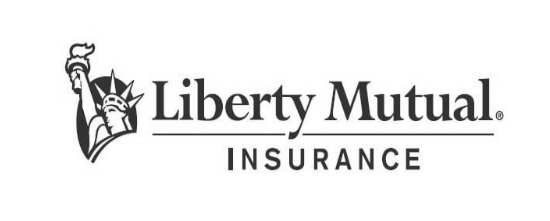

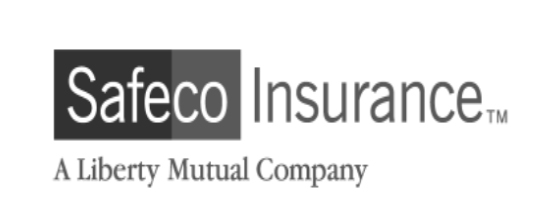
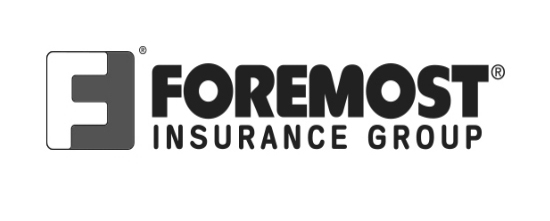
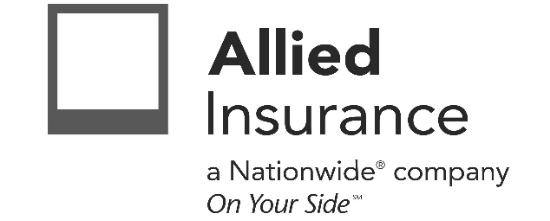
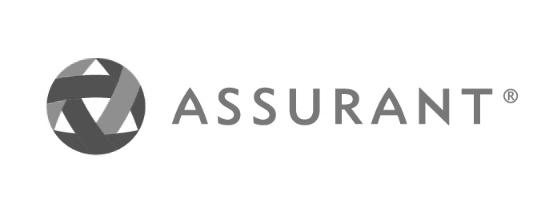
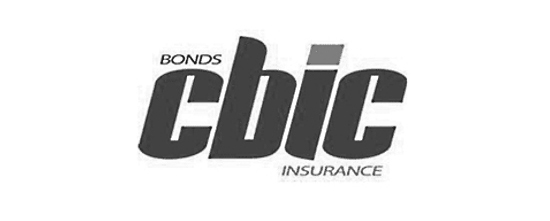


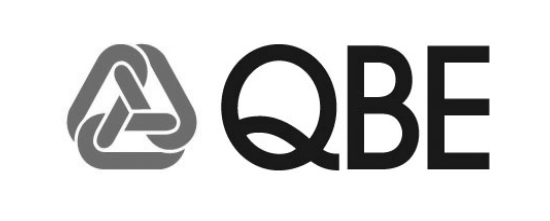
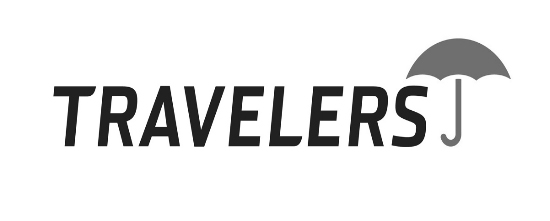
Understanding Business Insurance Claims: A Comprehensive Guide
Running a business comes with its fair share of risks and uncertainties. From natural disasters to liability issues, unforeseen events can significantly impact your operations and finances. This is where business insurance becomes a crucial part of your risk management strategy. When an incident occurs, understanding how to navigate the business insurance claim process is essential for minimizing disruptions and financial loss. This comprehensive guide will provide detailed insights into the business insurance claim process, helping you be better prepared when the need arises.
What is a Business Insurance Claim?
A business insurance claim is a formal request made by a business owner to their insurance company for compensation or coverage of losses incurred due to a covered event. These claims can relate to various types of insurance policies, including property insurance, liability insurance, workers’ compensation, and business interruption insurance.
Types of Business Insurance Policies
- Property Insurance: Covers damage to physical assets such as buildings, equipment, and inventory caused by events like fire, theft, or vandalism.
- Liability Insurance: Provides coverage for legal claims against the business, including bodily injury, property damage, and personal injury.
- Workers’ Compensation Insurance: Covers medical expenses and lost wages for employees injured on the job.
- Business Interruption Insurance: Compensates for lost income and operating expenses if a business is temporarily unable to operate due to a covered event.
- Commercial Auto Insurance: Covers vehicles owned or used by the business for work-related purposes.
- Professional Liability Insurance: Also known as errors and omissions (E&O) insurance, it protects against claims of professional negligence or mistakes.
Steps to Filing a Business Insurance Claim
1. Review Your Insurance Policy
Before filing a claim, it’s essential to thoroughly review your insurance policy to understand what is covered, the limits of coverage, and any exclusions. This knowledge will help you determine if your situation qualifies for a claim and what documentation you will need.
2. Report the Incident Immediately
Timely reporting is crucial in the claims process. Most insurance policies have a specific timeframe within which you must report an incident. Contact your insurance agent or the insurance company directly to inform them about the event.
3. Document the Damage
Proper documentation is critical for a successful claim. Take detailed photographs and videos of the damage or incident site. Record the date and time of the event and gather any relevant reports (e.g., police reports, fire department reports) that can support your claim.
4. Gather Necessary Documentation
Compile all necessary documents, including:
- A copy of your insurance policy
- Proof of ownership and value of damaged items (receipts, invoices)
- Maintenance records
- Any correspondence related to the incident
5. Fill Out the Claim Form
Complete the claim form provided by your insurance company. Provide accurate and detailed information to avoid delays in the processing of your claim.
6. Work with an Insurance Adjuster
An insurance adjuster will be assigned to your case to assess the damage and determine the payout amount. Cooperate fully with the adjuster, providing them with access to the damaged property and any requested documentation.
7. Review the Settlement Offer
After the assessment, the insurance company will provide a settlement offer. Review this offer carefully. If you believe the offer is insufficient, you have the right to negotiate or dispute the claim.
8. Receive Compensation
Once you accept the settlement offer, the insurance company will process your payment. Ensure that the compensation adequately covers your losses as stipulated in your policy.
Common Challenges in Business Insurance Claims
Underinsurance
Many businesses find themselves underinsured, meaning their coverage limits are insufficient to cover the full extent of their losses. Regularly review and update your policy to ensure adequate coverage.
Claim Denials
Insurance companies may deny claims for various reasons, such as policy exclusions, insufficient documentation, or late reporting. Understand the reasons for denial and seek legal advice if necessary to dispute the decision.
Inadequate Documentation
Lack of proper documentation can significantly delay the claim process. Maintain organized records and promptly document any incidents to streamline the process.
Business Interruption
Calculating losses due to business interruption can be complex. Keep detailed financial records and consider working with a financial expert to substantiate your claim.
Tips for a Smooth Business Insurance Claim Process
- Understand Your Policy: Be familiar with your coverage, limits, and exclusions to avoid surprises during the claim process.
- Prompt Reporting: Report incidents as soon as they occur to comply with policy requirements and expedite the claims process.
- Maintain Records: Keep detailed and organized records of all business assets, transactions, and maintenance activities.
- Regular Reviews: Periodically review your insurance policies with your agent to ensure your coverage meets your current needs.
- Professional Advice: Consult with insurance professionals or legal advisors if you encounter challenges during the claims process.
Navigating the business insurance claim process can be complex, but being well-informed and prepared can significantly ease the burden. By understanding your policy, promptly reporting incidents, and maintaining thorough documentation, you can ensure a smoother claims process and better protect your business from financial setbacks. Regularly reviewing and updating your insurance coverage will also help ensure you have adequate protection as your business grows and evolves. Remember, a well-handled claim can make the difference between a temporary setback and a business-threatening crisis.

We will find the best business insurance tailored to your needs. Read more…
Related Posts
Get a Right Insurance For You
SHARE THIS ARTICLE
Whatever your needs, give us a call, have you been told you can’t insure your risk, been turned down, or simply unhappy with your current insurance? Since 1995 we’ve been providing coverage to our customers, and helping people across United States.














